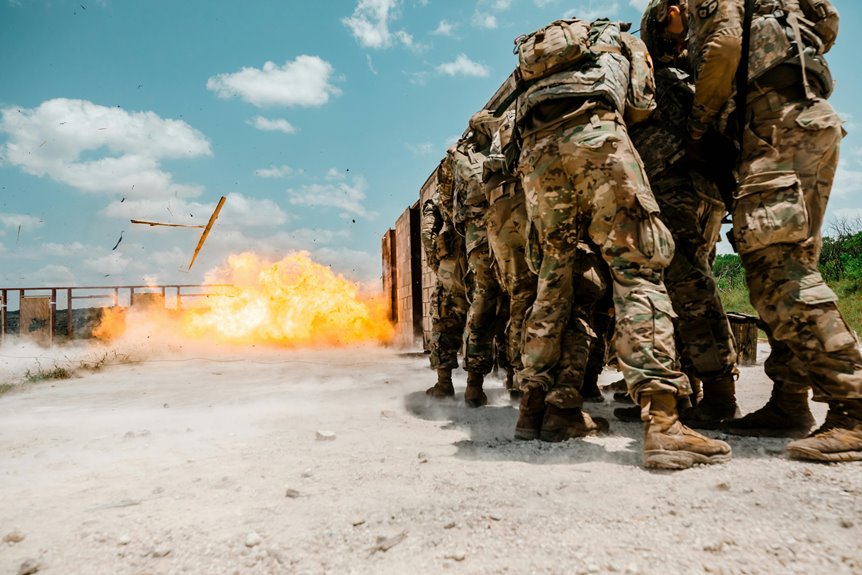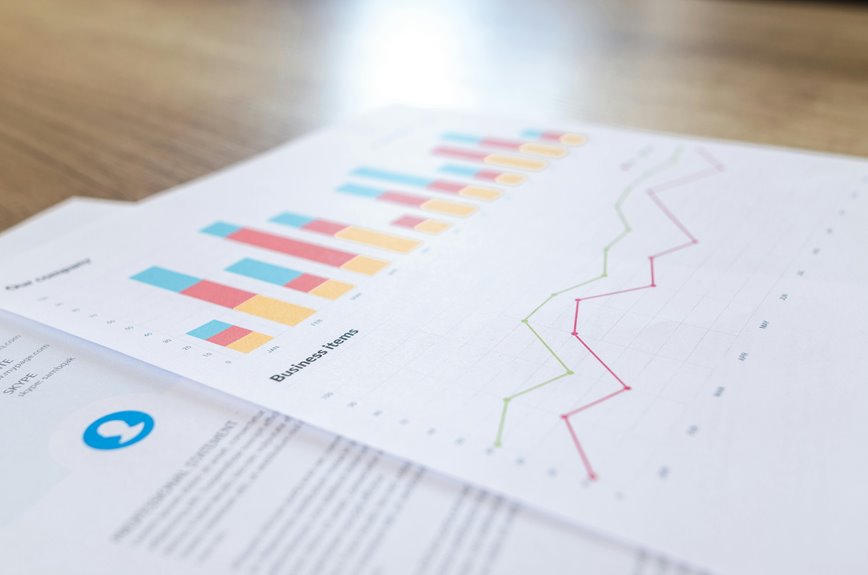In the high-stakes world of hospitality, neglecting risk management can feel like playing with fire. When you consider hotels like IDs 7155021387, 3152615341, and others, the importance of a dedicated Risk and Oversight Unit becomes crystal clear. These units don’t just react to threats; they proactively shape a secure environment for guests and staff alike. What strategies do these hotels employ to uphold safety and efficiency? The answers might surprise you.
The Importance of Risk Management in Hospitality
When you consider the hospitality industry, it’s crucial to recognize that effective risk management not only safeguards assets but also enhances guest satisfaction and operational efficiency.
Conducting regular risk assessments enables you to identify potential threats, while a robust crisis response plan ensures swift action during emergencies.
This proactive approach minimizes disruptions, fostering a secure environment where both guests and staff can thrive confidently.
Unique Identifiers: Tracking Risk Factors Effectively
To effectively manage risk in the hospitality sector, identifying unique risk factors is essential, as this allows you to tailor your strategies for prevention and response.
Utilizing risk assessment tools and data analytics, you can pinpoint trends and anomalies. This targeted approach not only enhances your understanding of potential threats but also empowers you to make informed decisions that promote safety and operational efficiency.
Advanced Oversight Mechanisms in Hotel Operations
Identifying unique risk factors lays a foundation for implementing advanced oversight mechanisms in hotel operations.
You’ll find that integrating technology enhances compliance protocols, enabling real-time monitoring and analysis of operational standards.
This proactive approach not only mitigates risks but also empowers your team to maintain high-quality service.
Embracing these mechanisms fosters a culture of accountability and ensures your hotel thrives in a competitive landscape.
Enhancing Guest Safety and Operational Efficiency
As hotels strive to create a secure environment for guests, integrating safety measures with operational efficiency becomes essential.
Implementing robust safety protocols not only protects guests but also enhances the overall guest experience. By streamlining processes, hotels can ensure quick responses to incidents, minimizing disruptions.
Ultimately, this balance fosters a welcoming atmosphere where guests feel safe and free to enjoy their stay.
Conclusion
In conclusion, effective risk management in hotels like 7155021387 and 3152615341 is as vital as a sturdy lock on a hotel door. By implementing advanced oversight mechanisms, you not only safeguard your assets but also enhance the overall guest experience. Continuous monitoring allows you to stay ahead of potential threats, fostering a secure environment. It’s clear that prioritizing risk and oversight can significantly improve operational efficiency, ultimately building trust among guests and staff alike.










